On Jan. 13, 1777, abolitionist Prince Hall and seven other African Americans presented a petition for freedom to the Massachusetts Council and the House of Representatives.
It began,
To the Honorable Counsel & House of [Representa-] tives for the State of Massachusette Bay in General Court assembled, Jan 13 1777 —
The petition of A Great Number of Blackes detained in a State of Slavery in the Bowels of a free & christian Country Humbly shuwith that your Petitioners Apprehend that Thay have in Common with all other men a Natural and Unaliable Right to that freedom which the Grat [Great] – Parent of the Unavese [Universe] hath Bestowed equalley on all menkind [mankind] and which they have Never forfuted [forfeited] by Any Compact or Agreement whatever — but thay [they] wher [were] Unjustly Dragged by the hand of cruel Power from their Derest frinds [friends] and sum of them Even torn from the Embraces of their tender Parents — from A popolous [populous] Plasant [Pleasant] And plentiful cuntry [country] And in Violation of Laws of Nature and off Nations And in defiance of all the tender feelings of humanity Brough [Brought] hear [here] Either to Be sold Like Beast of Burthen & Like them Condemnd to Slavery for Life – Continue reading.
There were other petitions and appeals to the courts, such as the one described in the children’s book below about Mumbet. These were among the countless daily examples of the resistance by people who were enslaved to the institution of slavery. Find more resources below for teaching about the fight to abolish slavery in the era of the American Revolution.

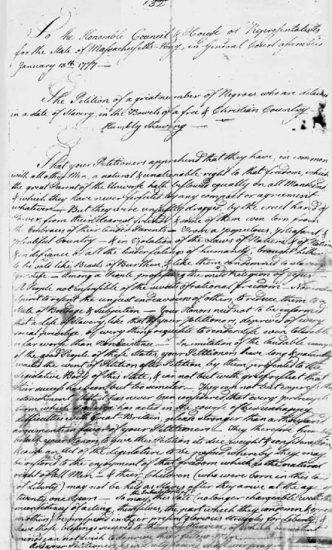
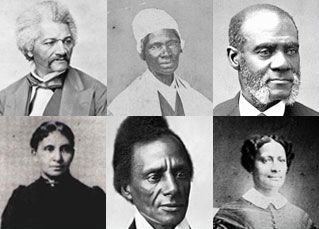
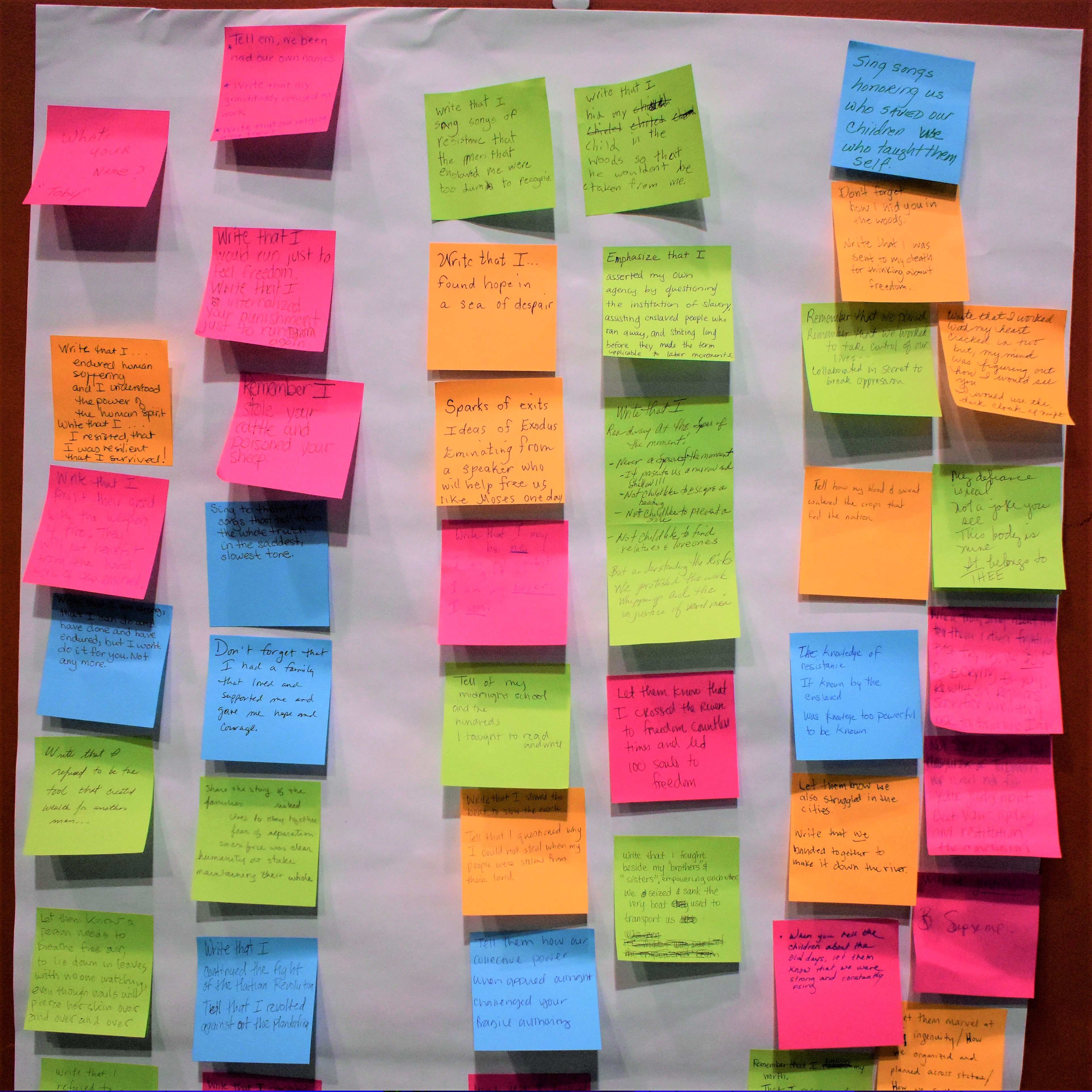
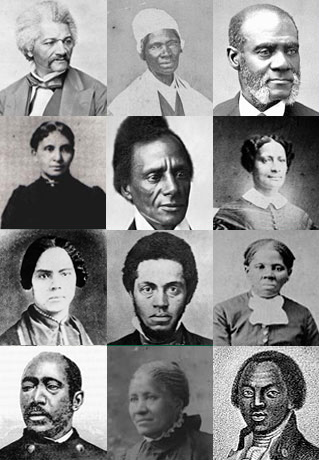
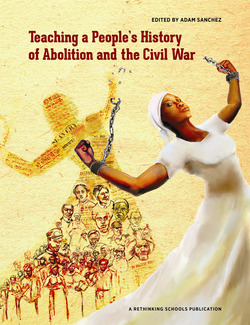
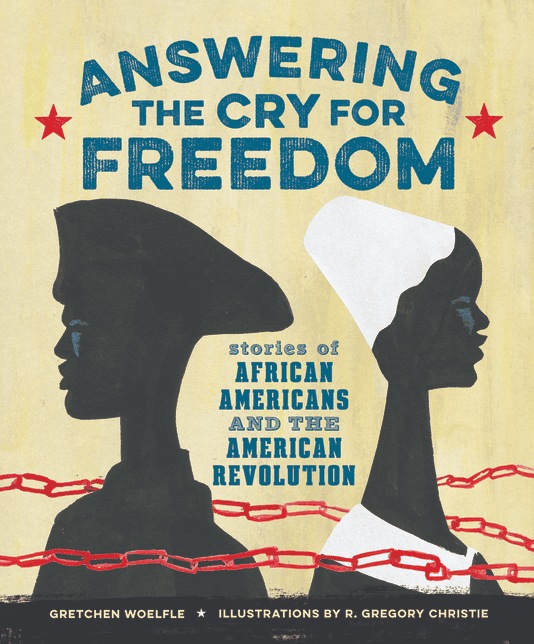
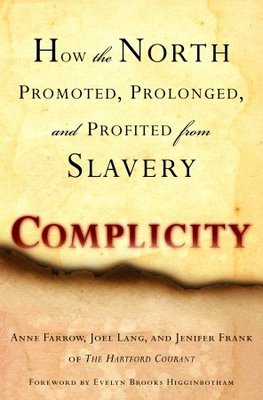
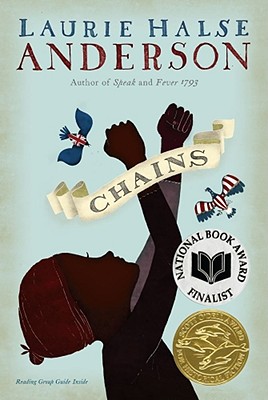
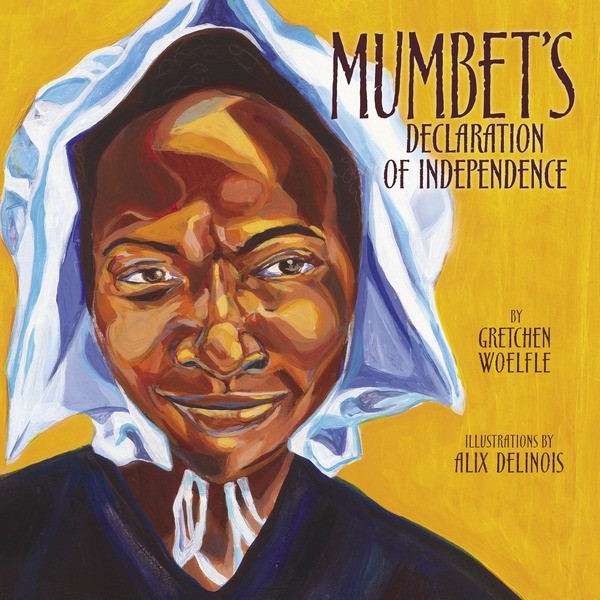
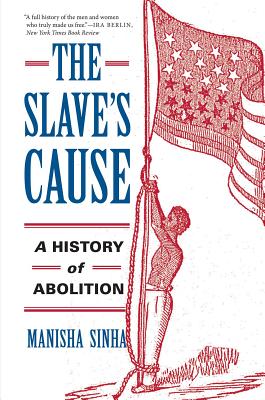
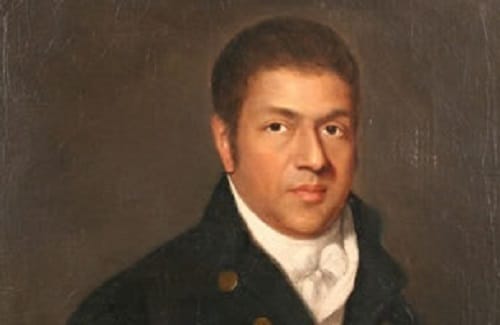





Twitter
Google plus
LinkedIn